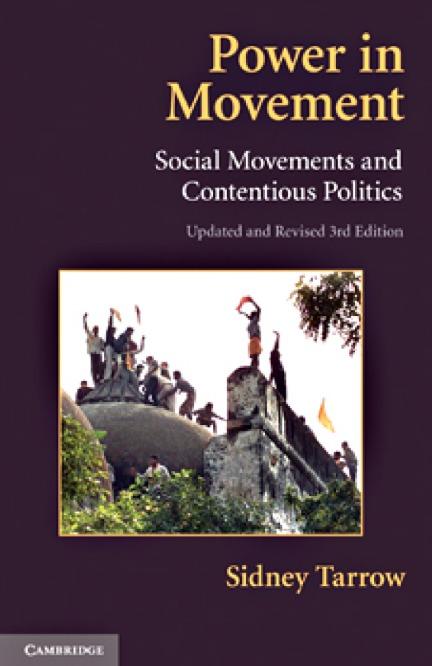
Religion and Modern Society: Citizenship, Secularisation and the State 1 Cambridge University Press
- ISBN 13 : 9780521674401
- ISBN 10 : 0521674403
- Judul : Religion and Modern Society: Citizenship, Secularisation and the State 1 Cambridge University Press
- Pengarang : Bryan S. Turner,
- Penerbit : Cambridge University Press
- DDC : Sociology & anthropology
- Bahasa : Eng
- Tahun : 2011
- Halaman : 304
- Halaman : 304
- Google Book : https://drive.google.com/file/d/1dK2ENA-o0pt3hqb4C86oXklI6UcmIBJD/view?usp=drive_link
-
Ketersediaan :
013658 Tersedia di Library of UI BBC









